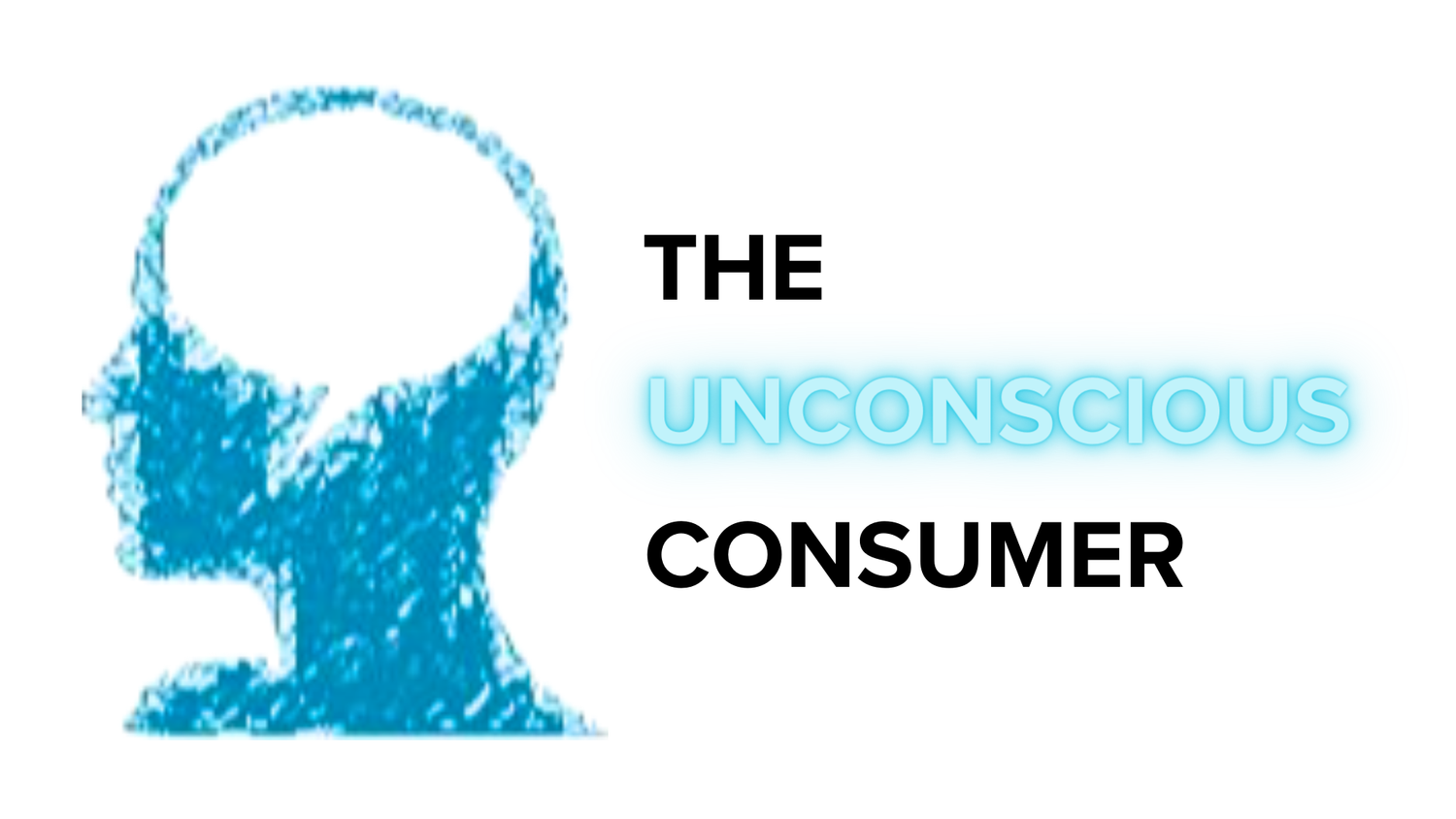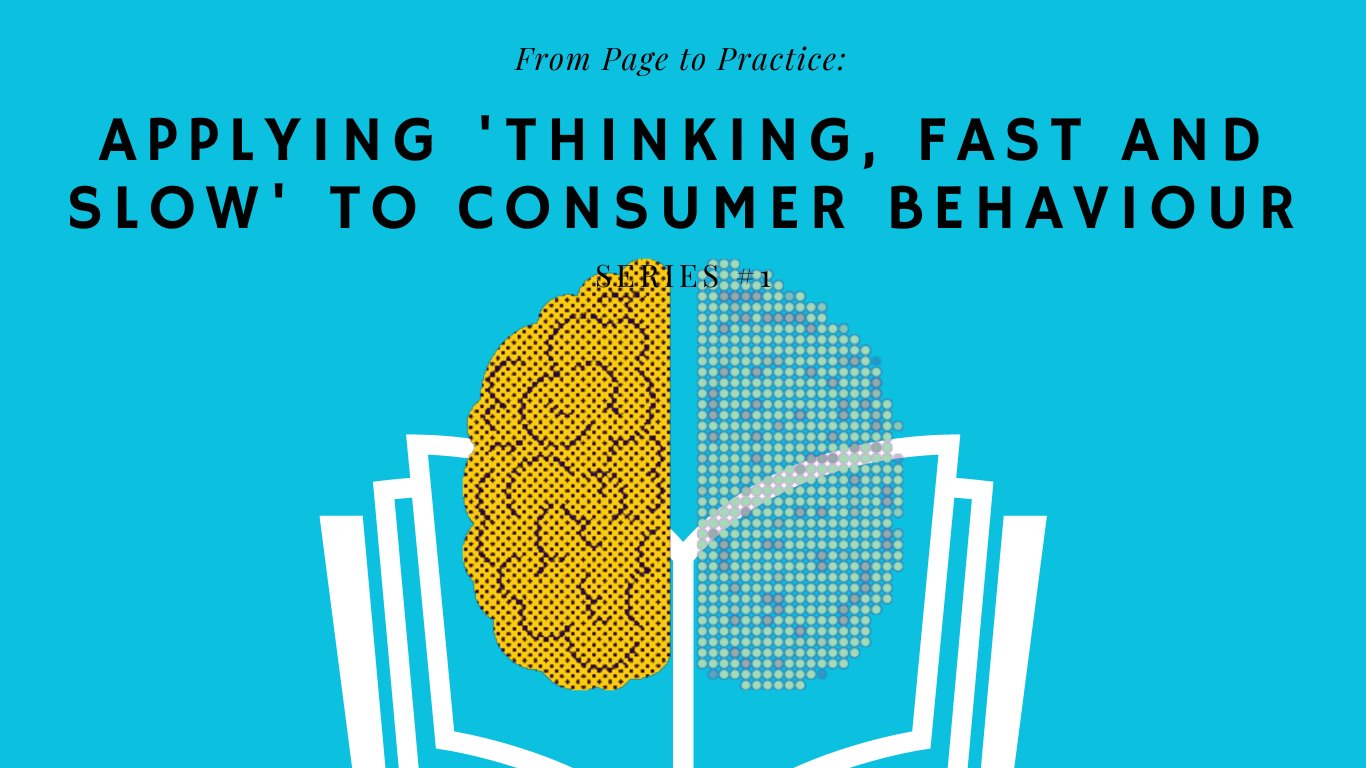Less is More: Unpacking the Power of Scarcity Bias
TL;DR
Scarcity bias, a survival mechanism from our ancestors, influences our purchasing decisions and perception of value
Modern marketers use scarcity-driven language to manipulate consumer behaviour, but ethical scarcity marketing is a delicate balancing act
Awareness of scarcity bias can equip consumers to make more informed purchasing decisions, but it operates mainly on an automatic level that bypasses deliberate thinking
Conscious consumerism, driven by awareness of scarcity bias, involves discerning between real and manufactured scarcity and making rational purchasing decisions aligned with needs and wants
Stricter regulations encourage ethical scarcity marketing practices and discourage misleading scarcity claims
The ongoing interaction between marketers and consumers promises to shape our consumer landscape in fascinating ways, and we can strive towards a balanced, responsible, and equitable consumer world by understanding and participating in this interaction.
The Primal Blueprint: Evolutionary Psychology and Modern Consumerism - A Case Study in Scarcity Bias
Have you ever noticed yourself making a purchase that was difficult to rationalize? That somehow felt as though it was influenced by something deeper than just logical reasoning? It turns out that our primal instincts, shaped by evolution, play a significant role in guiding our economic behaviour even though what was an adaptation in one context is not in another. One such example is the 'scarcity bias,' which is a survival mechanism that has become intertwined with our modern consumer culture. It's fascinating to see how this bias affects our behaviour in real-world situations, like the frenzy around new Apple iPhone releases. The resulting scarcity only reinforces the perceived value of the product, showcasing the impact of scarcity bias on our personal lives and the economy as a whole.
Scarcity Bias: From Evolutionary Survival Mechanism to Modern Consumption Pattern
Scarcity bias, a product of our ancestors' survival strategies, has evolved into an automatic cognitive bias, compelling us to perceive scarce items as more valuable. While this bias was once necessary for survival, today, it subtly influences our decisions in an era of abundance, nudging us towards scarce goods and experiences. However, skeptics argue that in a world of overproduction, the relevance of scarcity bias might be overstated, with other factors such as branding and quality potentially having a greater impact on consumer behaviour.
Scarcity in Marketing: Ingenious or Manipulative?
Modern marketers cleverly leverage the power of this cognitive bias by weaving scarcity-based language into their marketing strategies. Buzz phrases like 'limited-time offers' and 'limited stock' aren't just appealing verbiage; they serve as calculated triggers that tap into our deep-rooted scarcity bias, eliciting a sense of urgency that compels immediate action.
A study by Aggarwal et al. (2011) substantiates this concept, revealing that consumers were more likely to purchase items marketed as being of 'limited quantity,' a testament to the psychological pull of perceived scarcity.
A real-world manifestation of this principle is the annual shopping event, Black Friday. Businesses heavily promote exclusive deals available for a severely limited time, creating an atmosphere of perceived scarcity. Consumers, driven by the fear of missing out on these fleeting opportunities, often engage in impulsive buying, contributing to the shopping frenzy that characterizes this event.
However, these tactics also fuel debates about ethical marketing practices. Critics assert that such marketing strategies manipulate consumers, encouraging impulsive purchases that may not necessarily align with their actual needs or financial circumstances. This dichotomy underscores the need for a balanced approach that acknowledges the persuasive power of scarcity marketing while also respecting consumer autonomy.
The Invisible Strings: Scarcity Bias and the Art of Decision-Making
Scarcity bias deeply influences our purchasing decisions, subtly steering us towards choices that might not be optimal. This bias was evident during the COVID-19 pandemic when the perceived scarcity of essential goods led to panic buying and hoarding behaviours worldwide. However, some argue that factors such as media coverage and governmental responses played an equally if not more significant role in driving such behaviours, underlining the complexity of consumer behaviour during crises.
Awareness: A Not-So-Straightforward Shield against Scarcity Bias
While it seems intuitive that being aware of the scarcity bias would offer us a defence against its influence, research suggests that this protective effect might not be as potent as one would expect. The reason behind this lies in the way the scarcity bias operates. Predominantly working on an automatic, heuristic level, this cognitive bias prompts intuitive, immediate responses, which often bypass slower, deliberate reasoning processes (Cialdini and Goldstein, 2004). Essentially, scarcity bias can spark an impulsive reaction before our slower, conscious thinking has an opportunity to intervene.
But does this mean that awareness is a futile endeavour? Not necessarily. Awareness, while not an absolute shield against the scarcity bias, equips consumers with an essential tool - the capacity for self-reflection and deliberation. Awareness prompts consumers to pause, reflect, and scrutinize the motives behind their purchase decisions. It encourages individuals to question whether their desire for a product stems from an authentic need or want, or if it's simply a knee-jerk reaction to perceived scarcity.
This distinction is crucial. While awareness may not entirely eliminate the instinctive pull of scarcity bias, it can moderate its influence. By casting a spotlight on this often-invisible bias, awareness facilitates more mindful consumption. It helps consumers make more informed, rational decisions, rather than succumbing to the instinctive rush brought about by scarcity marketing.
In essence, while awareness may not serve as an impenetrable shield against the scarcity bias, it provides consumers with a degree of resilience. It serves as a reminder to pause and evaluate, fostering a more mindful, reflective form of consumer behaviour that tempers the impulsive urges driven by the scarcity bias.
Conscious Consumerism: An Evolving Response to Scarcity Bias
Conscious consumerism, a practice driven by awareness of scarcity bias, allows consumers to navigate the marketplace responsibly. This involves discerning between real and manufactured scarcity, enabling consumers to make rational decisions aligned with their needs and wants. Critics, however, argue that conscious consumerism could be a form of elitism, as it often requires additional time and resources, not feasible for everyone.
Ethical Scarcity Marketing: Walking a Thin Line
While scarcity marketing can drive commercial success, it also raises ethical questions about manipulating consumer behaviour. Stricter regulations, like those proposed by the Federal Trade Commission, encourage ethical marketing practices and discourage misleading scarcity claims. Some, however, believe that such regulations may impede businesses' freedom to market their products effectively.
Scarcity Bias and the Future: A Delicate Balancing Act
The impact of scarcity bias on our consumer behaviour speaks volumes about our evolutionary past. Awareness and understanding of this bias can empower us to make more informed purchasing decisions. However, for marketers, the challenge is to ethically leverage this bias, striking a balance between commercial success and consumer trust. This ongoing interaction promises to shape our consumer landscape in fascinating ways. Through understanding and participation, we can strive towards a balanced, responsible, and equitable consumer world, ensuring our evolutionary past guides us toward a sustainable future.
Want to share your thoughts? Feel free to share them in the comments section below or on social media.















